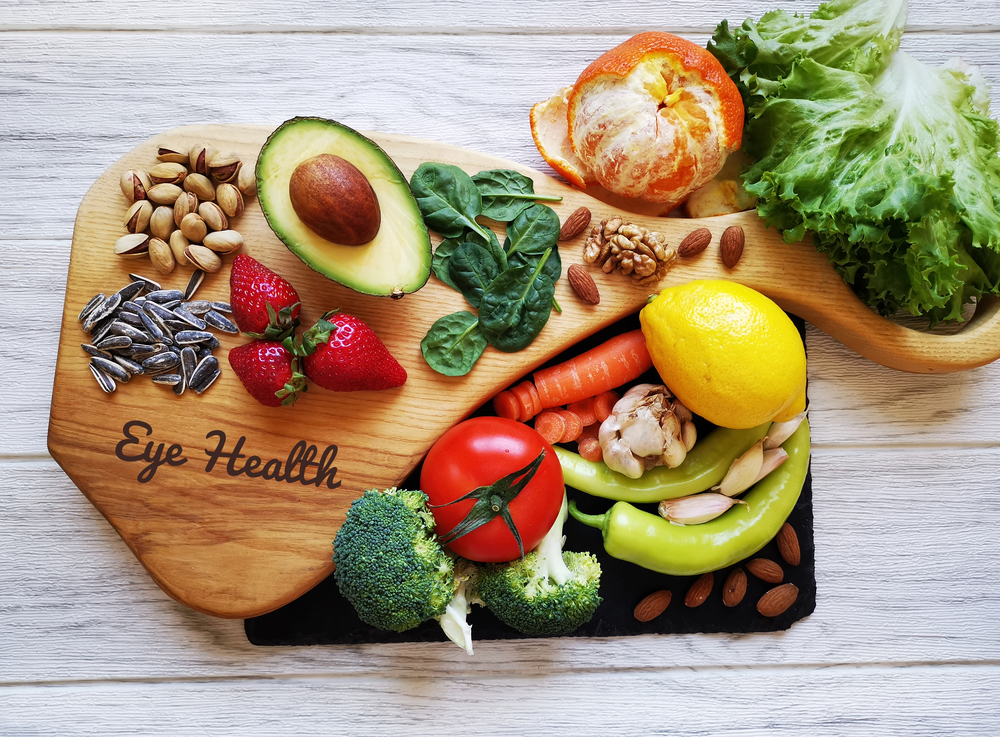Organic food has surged in popularity, transitioning from niche health stores to the shelves of almost every grocery store. With this increased availability, consumers are often faced with a choice: should you pick the organic option or stick with conventionally grown foods? The debate often centers around three key factors: nutrition, safety, and price.
What Does Organic Really Mean?
When you see the word “organic” on a food label, it’s not just a marketing term—it’s a certification that reflects specific farming practices. Organic farming is designed to:
- Improve soil and water quality
- Reduce pollution
- Provide humane living conditions for livestock
- Promote a self-sustaining cycle of resources on the farm
To meet these goals, organic farmers avoid synthetic fertilizers, pesticides, genetically modified organisms (GMOs), and antibiotics or growth hormones for livestock. Instead, they rely on natural fertilizers, crop rotation, and organic feed for animals, among other practices.
Organic vs. Conventional: Nutritional Differences
One of the most common questions about organic food is whether it’s more nutritious than its conventionally grown counterparts. While the nutritional differences are often small, some studies suggest that organic foods may have modestly higher levels of certain nutrients:
- Antioxidants and Flavonoids: Organic produce may contain higher concentrations of antioxidants, which are beneficial compounds that protect your cells from damage.
- Omega-3 Fatty Acids: Organic meat, dairy, and eggs often have higher levels of omega-3 fatty acids due to the animals’ organic feed, which includes grass and alfalfa. Omega-3s are known for their heart-healthy benefits.
While these differences are noteworthy, it’s important to remember that the overall nutritional content of organic and conventional foods is largely similar. The decision to go organic might be more about what’s not in the food rather than what is.
Safety Concerns: Is Organic Safer?
Another significant factor in choosing organic is the concern over safety, particularly regarding pesticide residue and toxic metals:
- Pesticide Residue: Organic produce generally has lower levels of pesticide residue compared to conventionally grown produce. However, it’s important to note that organic doesn’t mean pesticide-free. Organic farming permits the use of certain natural and synthetic pesticides, albeit in lower amounts.
- Toxic Metals: Studies have shown lower levels of cadmium, a toxic metal, in organic grains compared to conventionally grown ones. However, this difference is less pronounced in fruits and vegetables.
The Price of Going Organic
One of the most noticeable differences between organic and conventional foods is the price. Organic foods typically cost more due to the labor-intensive farming practices and stricter regulations. For many consumers, this price premium can be a barrier, leading them to wonder if the benefits are worth the extra cost.
Making an Informed Choice
If you’re considering going organic, it’s essential to weigh the benefits against the costs. Here are some tips to help you make informed choices:
- Diversify Your Diet: Eating a variety of foods, whether organic or conventional, ensures a broad spectrum of nutrients and minimizes exposure to any single pesticide.
- Buy In-Season: Organic produce can be more affordable when purchased in season. Local farmers’ markets are often a good source for fresh, in-season organic produce.
- Read Labels Carefully: Don’t assume that an organic label equals a healthier product. Some organic foods may still be high in sugar, salt, or fats, so it’s essential to read the nutritional information.
- Practice Good Food Hygiene: Washing and scrubbing all fruits and vegetables under running water can help remove dirt, bacteria, and some pesticide residues.
What Sets Sarasota Laser Lipo Apart
At Sarasota Laser Lipo, we understand that nutrition plays a crucial role in overall health and wellness. We offer a curated selection of health products designed to support your well-being. Whether you’re looking to enhance your daily routine or address specific health concerns, our products may provide the benefits you’re seeking to achieve your wellness goals. Visit our wellness and weight loss clinic in Sarasota, Florida, or call (941) 241-0500 to schedule a consultation and take the first step towards a healthier, vibrant you.



